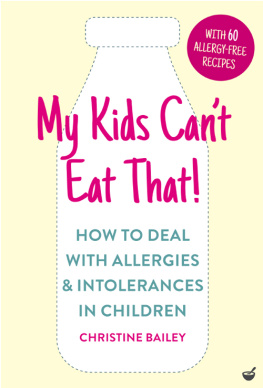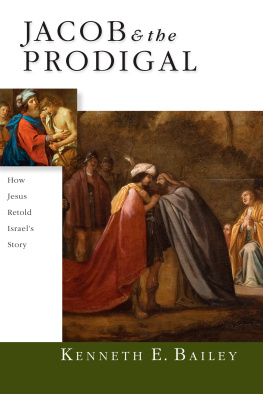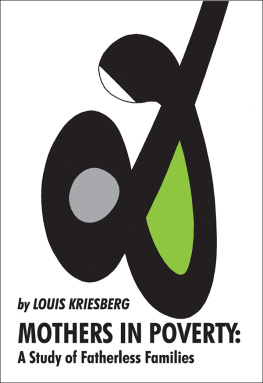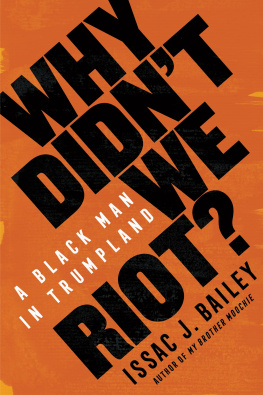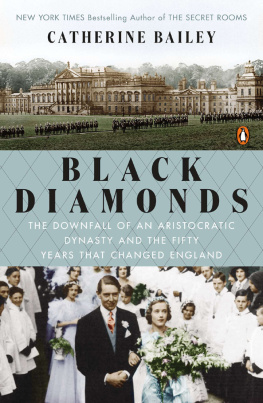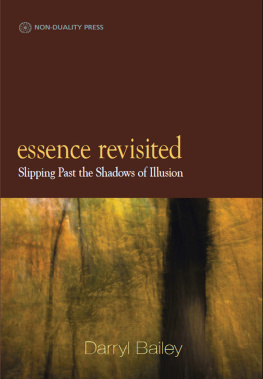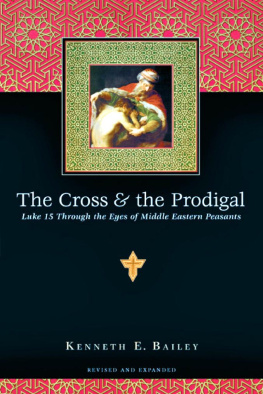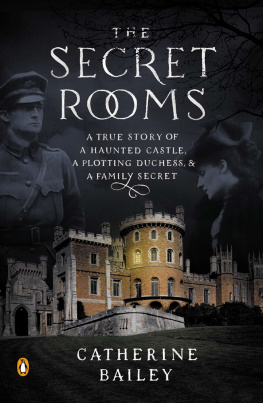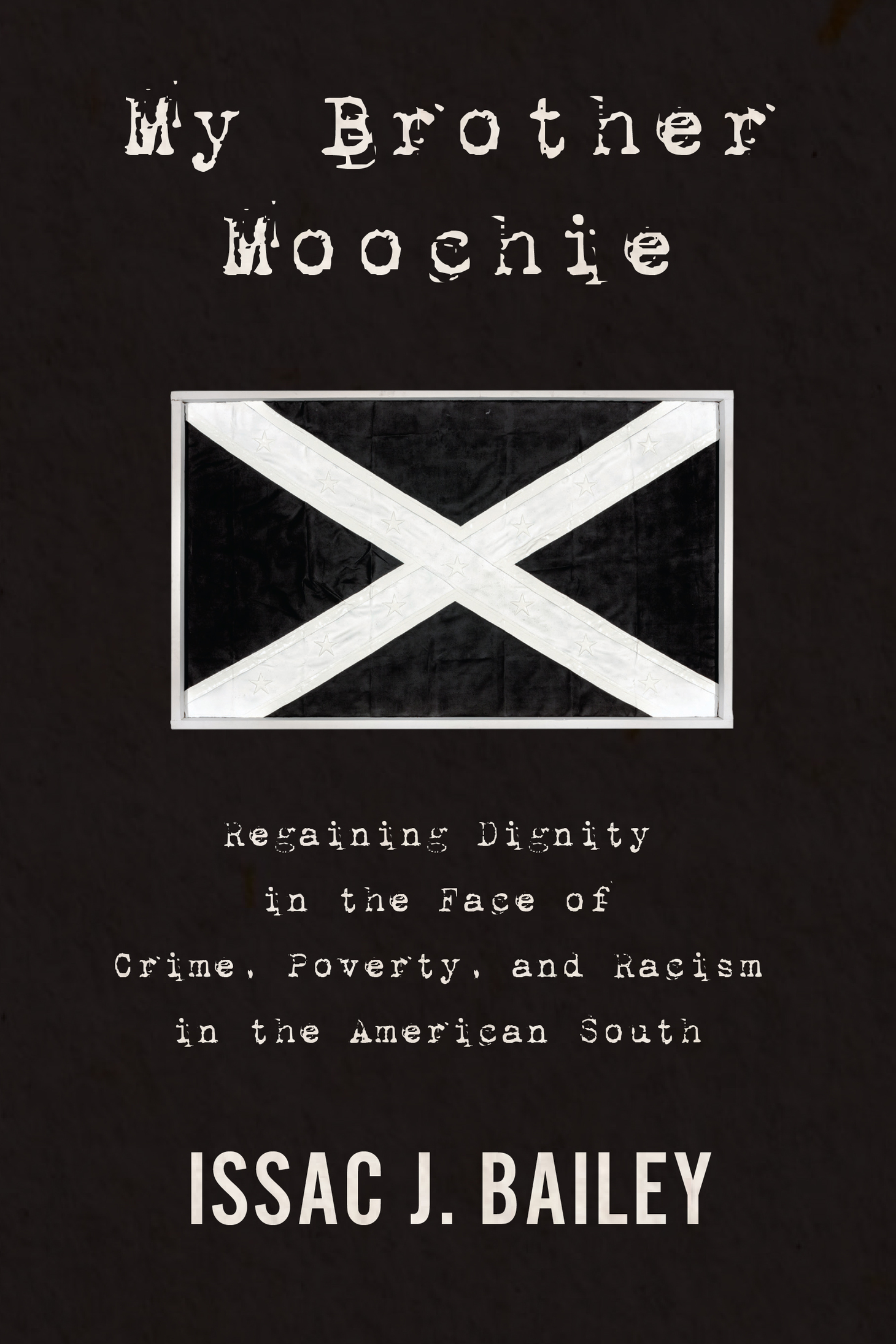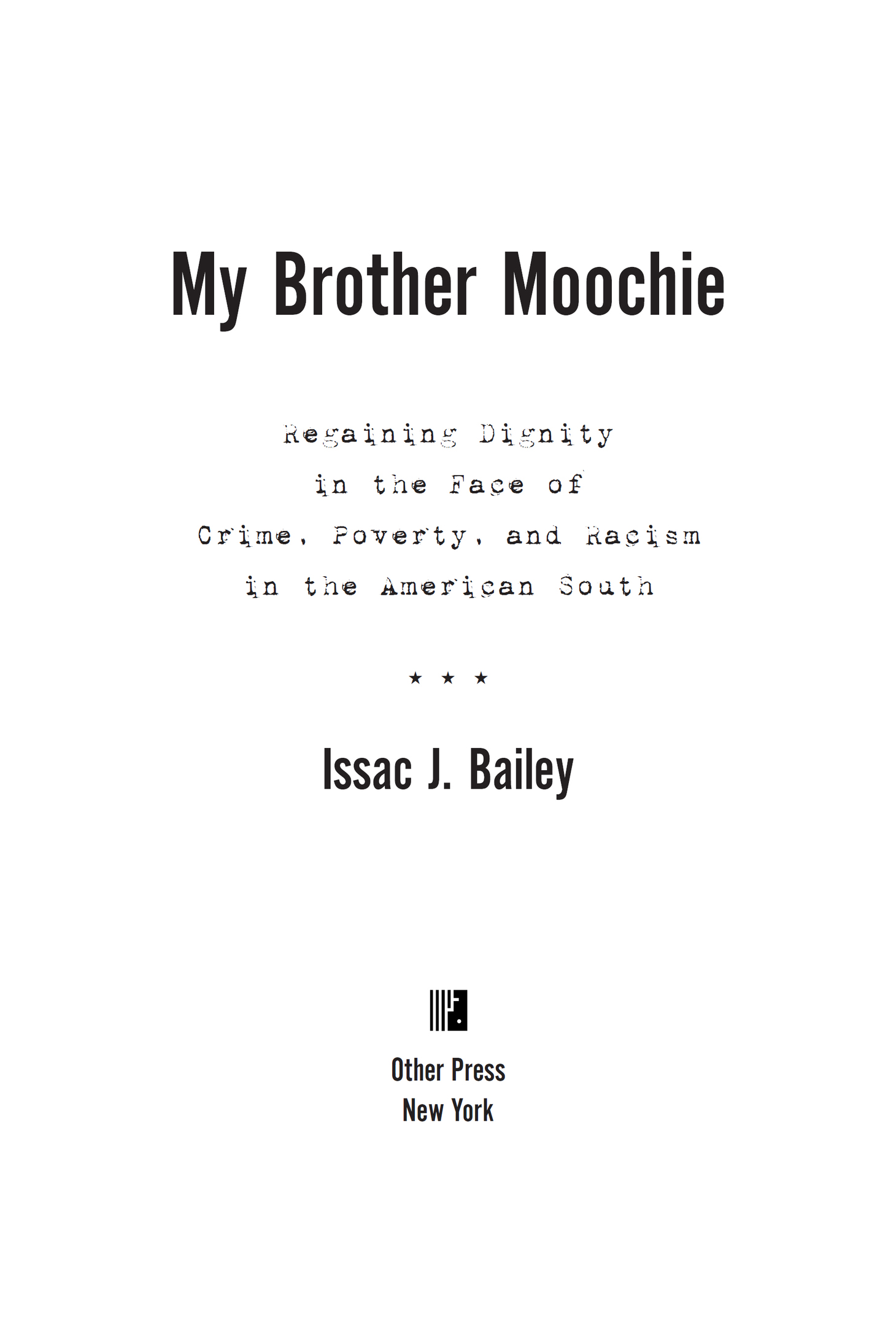Contents
Copyright 2018 Issac J. Bailey
Production editor: Yvonne E. Crdenas
Text designer: Julie Fry
All rights reserved. No part of this publication may be reproduced or transmitted in any form or by any means, electronic or mechanical, including photocopying, recording, or by any information storage and retrieval system, without written permission from Other Press LLC, except in the case of brief quotations in reviews for inclusion in a magazine, newspaper, or broadcast. For information write to Other Press LLC, 267 Fifth Avenue, 6th Floor, New York, NY 10016. Or visit our Web site: www.otherpress.com
The Library of Congress has cataloged the printed edition as follows:
Names: Bailey, Issac J., author.
Title: My brother Moochie : regaining dignity in the face of crime, poverty, and racism in the American South / Issac J. Bailey.
Description: New York : Other Press, [2018]
Identifiers: LCCN 2017049799 | ISBN 9781590518601 (hardcover) | ISBN 9781590518618 (ebook)
Subjects: LCSH: Bailey, Issac J. | African American menFamily relationshipsBiography. | African American prisonersBiography. | African American familiesBiography. | Criminal justice, Administration ofUnited States. | CrimeSociological aspects.
Classification: LCC E185.86 .B2525 2018 | DDC 306.85/08996073dc23
LC record available at https://lccn.loc.gov/2017049799
Ebook ISBN9781590518618
v5.3.1
a
Dedicated to Moochie, Sherrie, Doug, Willie, Josh, Mel, Jody, Zadoc, James, Jordan, Mama, Boss, Aunt Doretha.
We are still here; we still have a lot to offer this world.
Contents
Monsters
All my life I had been looking for something, and everywhere I turned someone tried to tell me what it was. I accepted their answers, too, though they were often in contradiction and even self-contradictory. I was naive. I was looking for myself and asking everyone except myself questions which I, and only I, could answer.
Ralph Ellison, Invisible Man
I held my thirteen-year-old sons chin between the index finger and thumb of my right hand, squeezing and lifting it ever so slightly to make sure our eyes locked. Our faces were so close Im sure he could smell my breath, feel the spittle from my mouth.
I cant tell you how angry I am, I told him in a barely audible voice. If I yelled, I knew Id lose control.
He was nearly my height and athletic, a nationally ranked high jumper and middle-distance sprinter. I was still built like the football player I had been a couple of decades earlier. I wanted him to feel that physical difference like he never had.
I cant tell you how angry I am right now, I repeated.
The slightest tear began welling up in the corner of Kyles right eye. I let his chin go and left him alone in his bedroom, though, sadly, not because of what I had almost done, but because I wanted to do something more to cause real tears, because I wanted to ignore that my wife, Tracy, told me hitting him would be wrong, and ineffective, because I wanted to literally shake maturity right into himbecause I so desperately wanted to save him fromIm not even quite sure what. All I had caught him doing was being a teenager, being less than honest with me one too many times, letting his grades slip a little, arming himself with a more defiant attitude as if to announce his newly discovered manhood to the world. Still, hes well on his way to becoming a better man than Ill ever be. And yet, my instinct was to crush his soul to save his black body from some undetermined future harm that may never materialize.
He was born in 2001, the year researchers said we crossed a Rubicon, when fully a third of young black men Kyles age were projected to end up behind bars if we didnt make significant changes in the way we treat them, and how they treat themselves. It wasnt that statistic that scared me, though. It was what I had long known, and why when Tracy and I decided to have kids, I initially wanted a girl.
I was afraid of black boys. The image of them was everything I didnt want to be.
The shameful truth is that a not insignificant part of my mind had so thoroughly absorbed the ugly myths about black boys, I seriously wondered if violent behavior was the result of an immutable genetic reality unique to those born black and male like me.
I was a black boy who grew up with eight black brothers, and a nephew raised like a brother, along with two black sisters. While researchers might turn out to be right, and a full third of young black men might end up in jail or prison at some point in their lives, its already been worse for us. Half of the black boys in my immediate family ended up behind bars. I spent much of my early parenting years trying to deny that the shame of that reality had any effect on my treatment of my only son. I was lying to myself.
I knew it almost instantly when I walked out of Kyles room and downstairs and remembered the years-long debate within my family about why some of us went astray. Half of my family seems convinced our disparate outcomes resulted from my mothers decision to not beat the youngest, those who got into the most trouble, the way she had beaten the rest of us. That belief is rooted in how black people were treated as slaves in the American South and the Bible most black peoplenearly 80 percent of black Americans self-identify as Christian, more than any other group in a nation in which religious identity is undergoing a transformationread and swear by. I cant count the number of times I heard the words black people! in exasperation at the sight of another black boy who dropped out of school or a black man milling around at the park with a tall can of Schlitz Malt Liquor in a brown paper bag. They werent individuals who had made wrecks of their lives or succumbed to overwhelming challenges; they were representations of the black race. Thats the way many of us spoke about struggling black men. Even in the black churches I attended, Fathers Day was used more often as a scolding for deadbeat dads than a celebration of fathers working twelve-hour shifts in a nearby factory to keep the lights on.
I never said such things out loud. But it doesnt mean I didnt grow up believing them, too. Deep into adulthood, I thought I was one of the progressive onesuntil I almost beat my son for no good reason. About a week after the encounter with Kyle, a cop in a South Carolina high school made national news for assaulting a black teenage girl who had refused to put away her cell phone. He threw her around as though tossing trash in a Dumpster. I was horrified and outraged and argued with anyone who tried to deflect attention from what that officer did.
No, she was not the problem, it was the adults, I said loudly. She did what teenagers since the Stone Age have done, get under the skin of adults.
What I didnt say is that too many black parents treat their kids the way that cop treated that teenage girl, with a kind of desperate hatred born of a warped sense of love. Im not just referring to extreme corporal punishment, the kind on display during the Baltimore riots when a black mom was deemed heroic for being caught on TV wailing on her wayward son. Its also because despite our loud protestations, many of us dont think weve been fully accepted in this still largely white-dominated society. Unruly, nappy-headed kids in our midst make us think we never will. Thats why so many of us are more comfortable when our kids fit, rather than reinvent, the mold.



